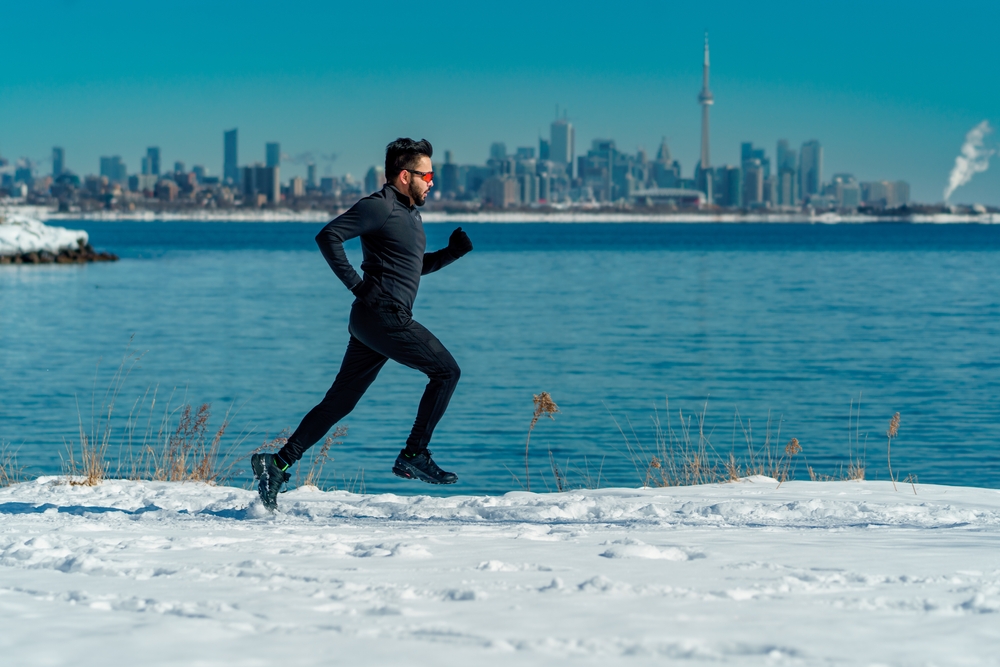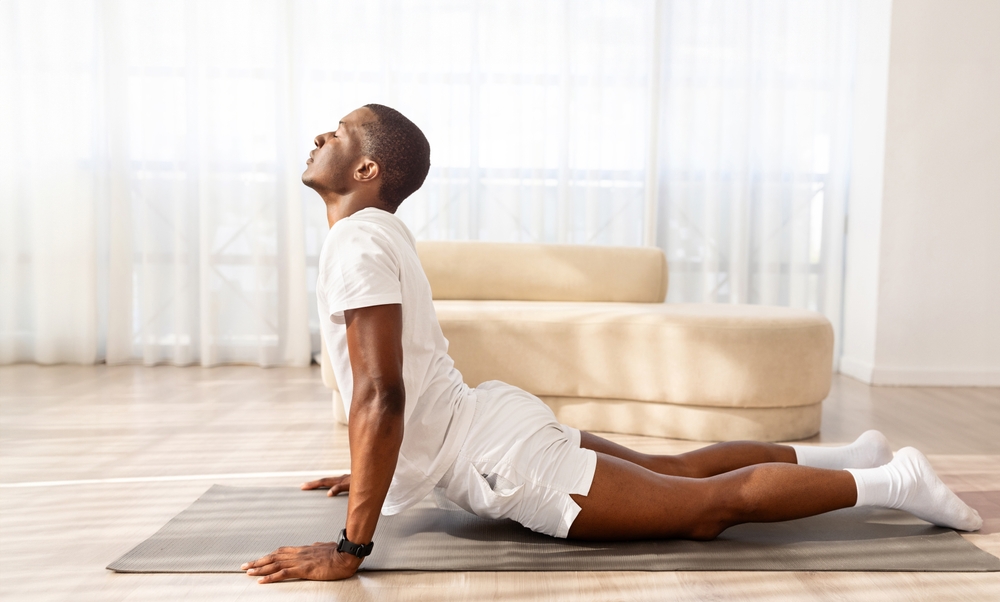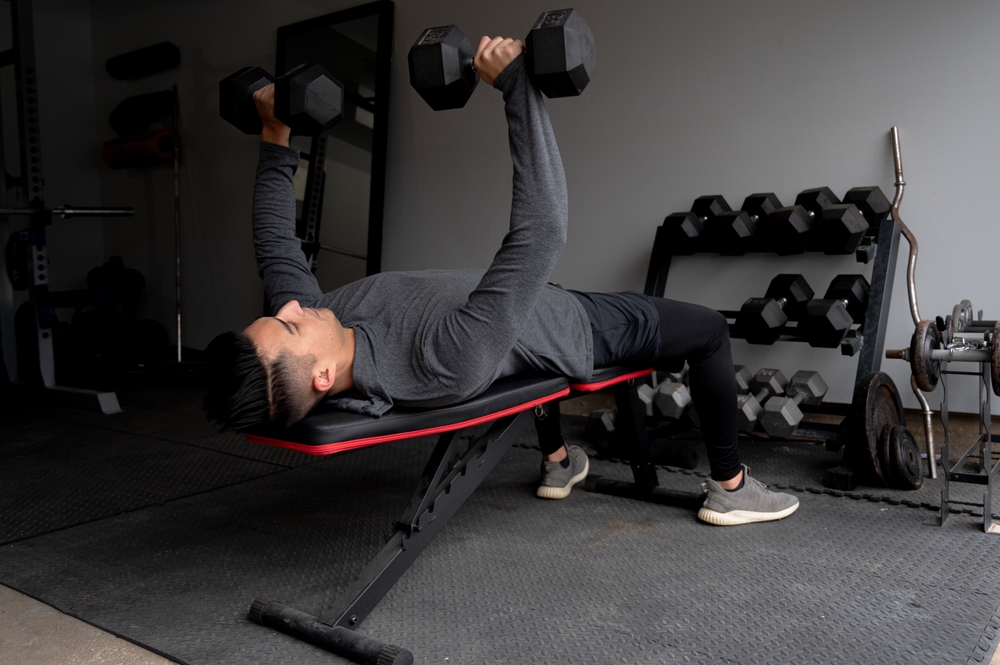There is tons of research on the benefits of physical activity for depression. While physical activity is by no means a replacement for therapy and medications, it’s clear that it has a beneficial role to play.
Here are 5 exercises for depression relief
1. Walking
One study looking at 1,904 middle-aged Australian women with depressive symptoms noted that higher levels of walking were linked to an increase in health-related quality of life. The women were asked to complete a health-related quality of life questionnaire that looked at both physical and psychological factors, as well as a physical activity recall survey.
Women who averaged 150 minutes of moderate-to-vigorous physical activity each week, which is consistent with Canada’s guidelines, felt more energized, less depressed and more likely to want to socialize. And this was just one study. There are many other similar papers out there that support the benefits of walking, particularly when it’s done regularly.

2. Running
Running, and other high-intensity or aerobic activities, are probably the most heavily researched exercises when it comes to preventing or reducing depression. Running instantly gets some endorphins and dopamine – important brain chemicals responsible for mood – moving throughout the body. Ever heard of a runner’s high?
One study looked at the impact of combining meditation and running to help treat depression among adult men and women in the U.S. 22 participants were asked to first meditate for 20 minutes (entry-level meditation that focuses on sitting quietly and focusing on breathing), followed by 10 minutes of walking meditation (focusing on each step they took), and finally, 30 minutes of running on a treadmill at a moderate speed.
Participants repeated this process twice a week for eight weeks. Not only did this combo reduce their depression by up to 40%, but it also helped limit dwelling on unhappy thoughts and unpleasant memories from the past (known as rumination).
Time to lace up those sneakers and let the feel-good hormones flow!

3. Yoga
Stretch, focus and breathe! Research continues to boast the benefits of yoga in not only improving physical health but mental health as well.
Published in the Journal of Alternative and Complementary Medicine, a small study examined the impact of yoga on helping people ease depression. 30 adults (18-64 years) who suffered from depression were divided into two groups: one took a 90-minute Iyengar yoga class, which focuses on posture, strong alignment and deep breathing, three times a week, and did four 30-minute sessions at home. The other group took two group classes and did three at-home sessions per week. After just three months, all participants, regardless of group assignment, saw a notable decrease in their depression symptoms by at least 50%!
While the more yoga you do appears to yield better results, doing yoga at least twice a week seems to provide some pretty amazing health benefits. Time to get your yoga on!

4. Tai chi
A 2014 paper in the International Journal of Behavioral Medicine reviewed 42 papers that examined the effects of tai chi on psychological well-being. While additional high-quality work is still needed to identify how and why this particular activity is beneficial, the findings of this paper support tai chi as a useful tool for positively impacting depression, anxiety and overall psychological well-being.
Tai chi is all about slow and controlled movements, which is particularly great for older adults or individuals with arthritis or balance concerns. Why not try tai chi to help lift your mood and welcome more positive energy into your life?

5. Weightlifting
A 2010 review paper extensively reviewed 18 published articles on weightlifting and depression. While some of the results were mixed, many of the studies concluded that weightlifting, or resistance training, plays a significant role in decreasing depressive symptoms, particularly in adults.
Weightlifting is definitely a great way to blow off some steam, boost those endorphins and get stronger all at the same time. BOOM!

While physical activity can be an essential mental health tool, you should always reach out for additional support and services if needed.









